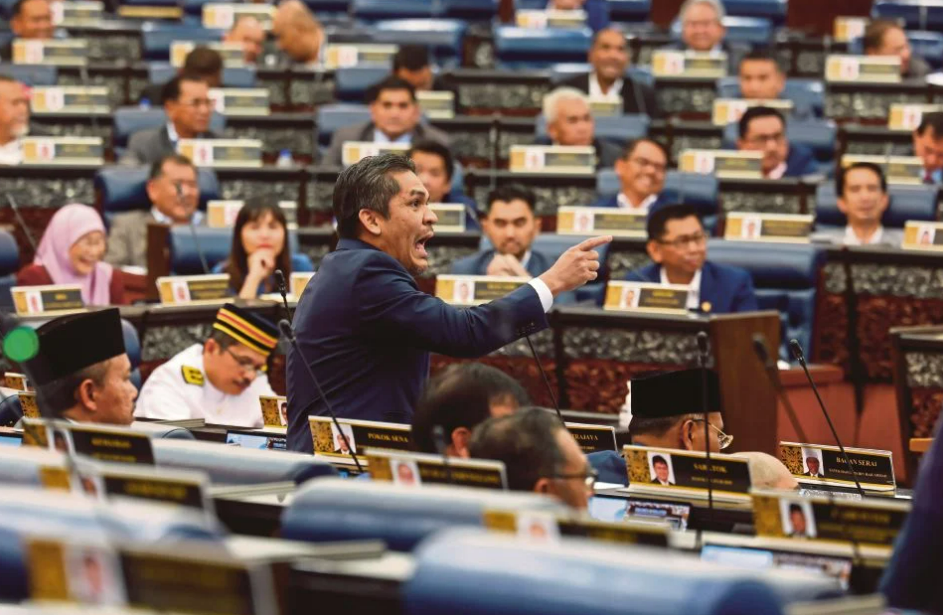PERIKATAN Nasional’s information chief Datuk Dr Radzi Jidin has strongly criticised the Madani government’s plan to implement three major economic measures in mid-2025: the expansion of the sales and service tax (SST) scope, an increase in the base electricity tariff, and the introduction of a targeted RON95 fuel subsidy.
In a Facebook post on Saturday (June 14), Radzi said these actions reflect a lack of a clear and comprehensive taxation policy framework.
“The action of increasing the SST rate from 6% to 8% and expanding its scope in 2024, followed by further expansion in 2025 – which significantly increases the number of taxed goods and services – indicates that the government lacks a holistic and clear taxation framework,” he said.
He warned that the cumulative effect of these policies would place additional pressure on both the public and the business community.
“Rising energy costs, combined with an expanded tax burden, are significantly affecting the public,” he said.
“The government should be empathetic and understand the hardships faced by the people.”
Radzi urged the government to establish a comprehensive, systematic, and well-organised social safety net to cushion the impact of rising energy and living costs.
“Rather than taking the easy route of implementing policies without a clear framework solely to boost national revenue, the government should prioritise empathetic governance that considers the people’s struggles,” he stressed.
He also pointed to the adverse effects of similar policies in 2024, such as the SST rate hike and the 56% increase in diesel prices, which, he said, had already led to rising living costs and higher production and operational expenses for businesses.
“The year 2025 begins with higher prices for goods and services, especially due to the expanded SST and the previous diesel price hike. These policies have significantly affected consumers and industry players alike.”
In addition, he highlighted the minimum wage increase as another cost pressure on businesses. These rising costs, he warned, could have long-term inflationary effects.
“It is a common phenomenon that once the prices of goods and services increase in the market, they rarely decrease again,” he noted.
Radzi also cited external factors, including global economic uncertainty caused by geopolitical tensions and potential trade wars, such as the United States’s proposed reciprocal tariffs, which could further exacerbate the situation.
He concluded by urging the Madani government to adopt a clear, long-term taxation strategy and to strengthen social protections instead of relying on short-term, revenue-driven policies that burden the rakyat and businesses.









